Swiss-based voices react to Iranian nuke deal
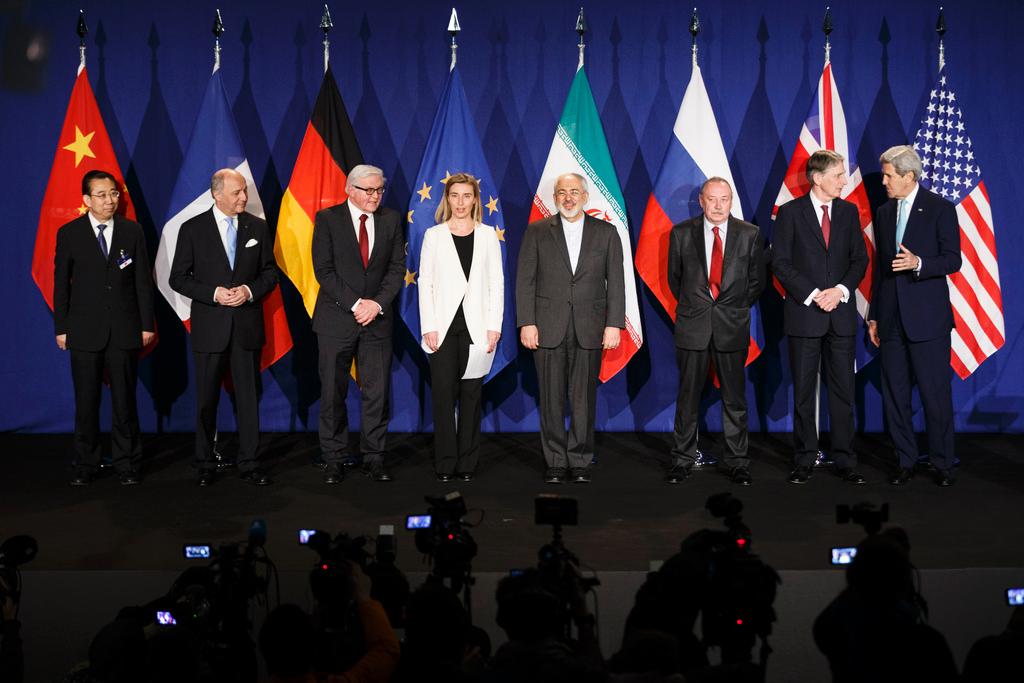
Switzerland has welcomed the agreement hammered out in Lausanne on the Iranian nuclear programme, yet others are wary. The deal, announced by Iran and six world powers, outlines how to curb nuclear activities which Iran could use to make weapons.
“The joint declaration constitutes an important step towards greater security in the world – one of Switzerland’s foreign policy priorities,” said Foreign Minister Didier Burkhalter in a statementExternal link.
The declaration was presented in Lausanne on Thursday evening by Iranian Foreign Minister Mohammad Javad Zarif, and the European Union High Representative for Foreign Affairs and Security Policy, Federica Mogherini, in the presence of the foreign ministers of Britain, France, Germany, the United States and the deputy foreign ministers of China and Russia.
“Any action that helps reduce tensions in the world should be welcomed. The joint declaration reached at the meeting of ministers in Lausanne is an important step in that direction and its implementation could have historic significance. It is a positive sign for this region of the world and for the promotion of peace,” said Burkhalter. He added: “These negotiations in Switzerland prove that, even in a time of tensions, it is possible to find solutions and build bridges between positions which were divergent in the beginning.”
The preliminary deal, which should also provide sanctions relief for Iran, is to be implemented by June 30 as part of a more comprehensive agreement.
American feedback
US Ambassador to Switzerland Suzi LeVine thanked Switzerland for successfully hosting the talks, which launched in Geneva in November 2013 and have since involved several sessions.
Thank you, Switzerland, 4 the effective setting! MT @StateDeptExternal link: Remarks on #IranTalksExternal link from Switzerland. Watch now on http://t.co/90BPOub90EExternal link.
— Suzi LeVine (@AmbSuzi) April 2, 2015External linkNoting that “important work remains”, the Swiss foreign ministry said that Switzerland would “continue to support diplomatic efforts and remain available to provide its good offices for future stages in the process leading to a global agreement, and to support its implementation”.
The story is also top news on the website of the Geneva mission of the United StatesExternal link.
RT @usmissiongenevaExternal link: President Obama: U.S., allies and partners reach historic understanding with Iran http://t.co/3TxNTZU2onExternal link #IranTalksExternal link
— U.S. Embassy Bern (@USEmbassyBern) April 3, 2015External link‘More than an arms control deal’
In an editorial on FridayExternal link, the Neue Zürcher Zeitung (NZZ) newspaper described the negotiations as an ongoing chess match – citing ayatollah Ali Khamenei’s prowess at the game. The Zurich-based paper also said the talks in Lausanne were “more than the conclusion of an arms control deal”.
“The crucial question is whether Iran’s claim to hegemony in the Middle East should receive international recognition. Even if Washington will never admit this openly, the way there is already largely paved,” said the NZZ, going on to say that officially, the Obama administration will praise an agreement as a means to prevent Iran from building nuclear bombs – but in reality, such a nuclear pact gives Iran the status of an “almost” nuclear power, with far-reaching consequences for the balance of power in the region. The paper noted that the deal would be a “giant success” for Iran as it would allow it to shake off sanctions and export oil again while still being able to enrich uranium for energy purposes.

More
The Iran nuclear roadmap
Further criticising the agreement, the NZZ said that it “tacitly allows Iran to ignore binding UN resolutions and commitments under the Nuclear Non-Proliferation Treaty” – warning that failure to enforce such rules now would make it even harder to do so in the future. Dropping the sanctions is thus a “symbol of Western weakness” said the newspaper.
“An agreement would only make sense if Iran credibly renounced the option to produce nuclear bombs,” concluded the NZZ.
The Swiss foreign ministry described the declaration as an “important step in the process leading to the elimination of differences over Iran’s nuclear programme. It contributes to more peace, security and stability in the Middle East”. It called on the parties to implement the common intention declared in Lausanne.
‘Priceless advertising’
For Lausanne, the three weeks of negotiations helped put the city in the international spotlight, pointed out the Tages-Anzeiger newspaperExternal link. Previous talks were held in Geneva, but the recent car show there made it impossible to get enough hotel rooms for the delegations.
“Lausanne definitely benefited from the hype of several weeks of nuclear talks with Iran, and it seems open to further diplomatic events – without wanting to compete with Geneva, however,” noted the Tages-Anzeiger.
Tweets and photos of US Secretary of State John Kerry provided welcome “advertising” for lakeside Lausanne.
Wheels up ert London. Thank you to Swiss government for hosting #IranTalksExternal link in #LausanneExternal link & previously in #GenevaExternal link & #MontreuxExternal link
— John Kerry (@JohnKerry) March 21, 2015External linkOld school frame, crazy fast carbon wheelset. Metaphor? #IranTalksLausanneExternal link http://t.co/0YHDQUvIunExternal link pic.twitter.com/l4zyDteN9WExternal link
— Ben Loehrke (@nonstrategic) March 28, 2015External linkAnd in this shot, Iran’s atomic energy head, Ali Akbar Salehi, seems to be enjoying himself as well.
Dr. #SalehiExternal link Today in #LausanneExternal link… #NuclearTalksExternal link #IranTalksExternal link pic.twitter.com/frWHB9ZEutExternal link
— Nuclear Talks (@NuclearTalks) March 28, 2015External linkAs Lausanne Tourism Director Steeve Pasche told the Tages-Anzeiger, “The name Lausanne is omnipresent. We could never have afforded a comparable marketing campaign.”
Most of the action revolved around the five-star Beau Rivage Palace hotel, where 75% of the rooms were occupied by delegates at the Iran talks. The Rolex Learning Center at the Swiss Federal Institute of Technology Lausanne (EPFL) also played host for a few days.

In compliance with the JTI standards
More: SWI swissinfo.ch certified by the Journalism Trust Initiative
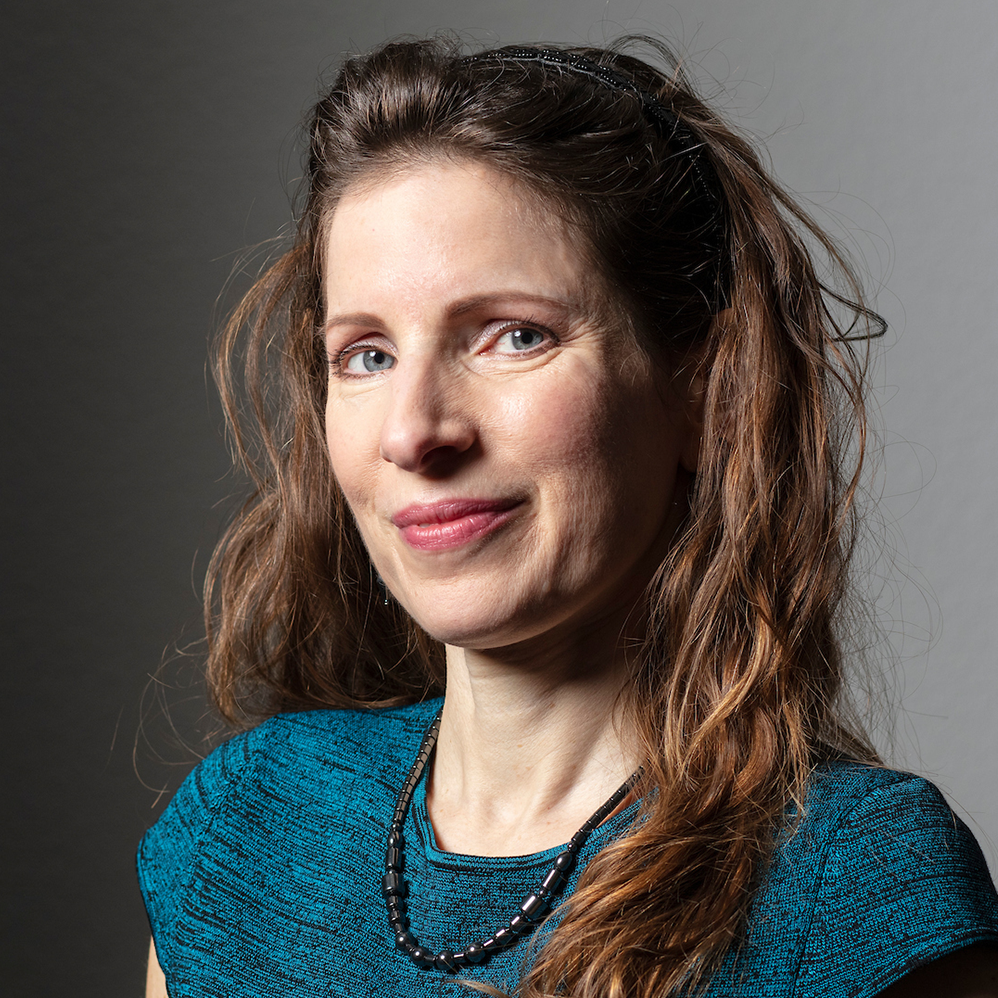
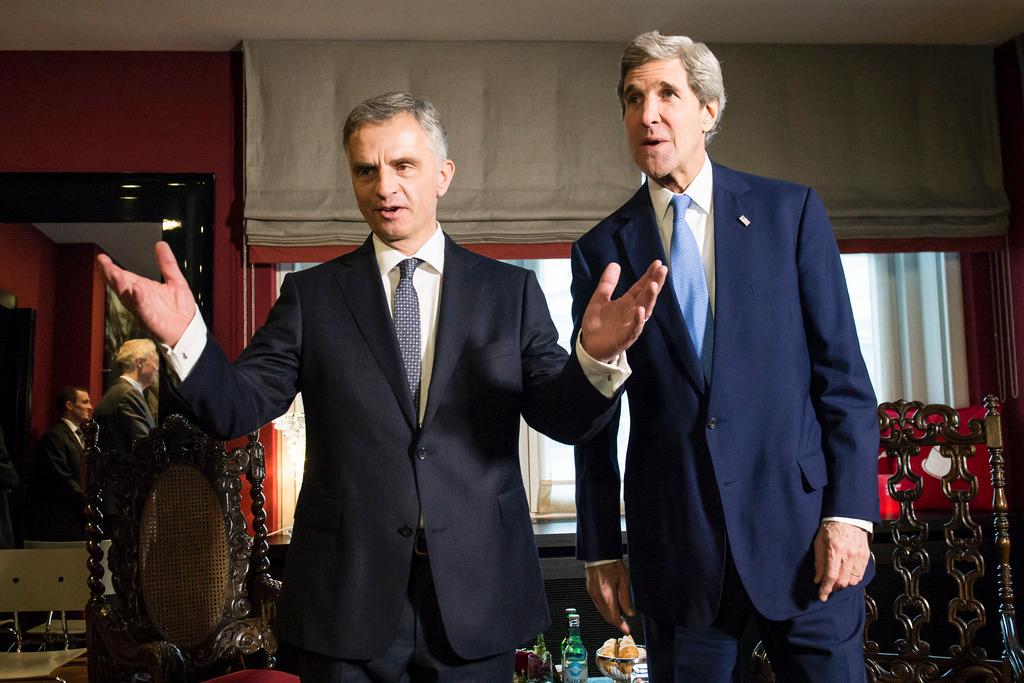
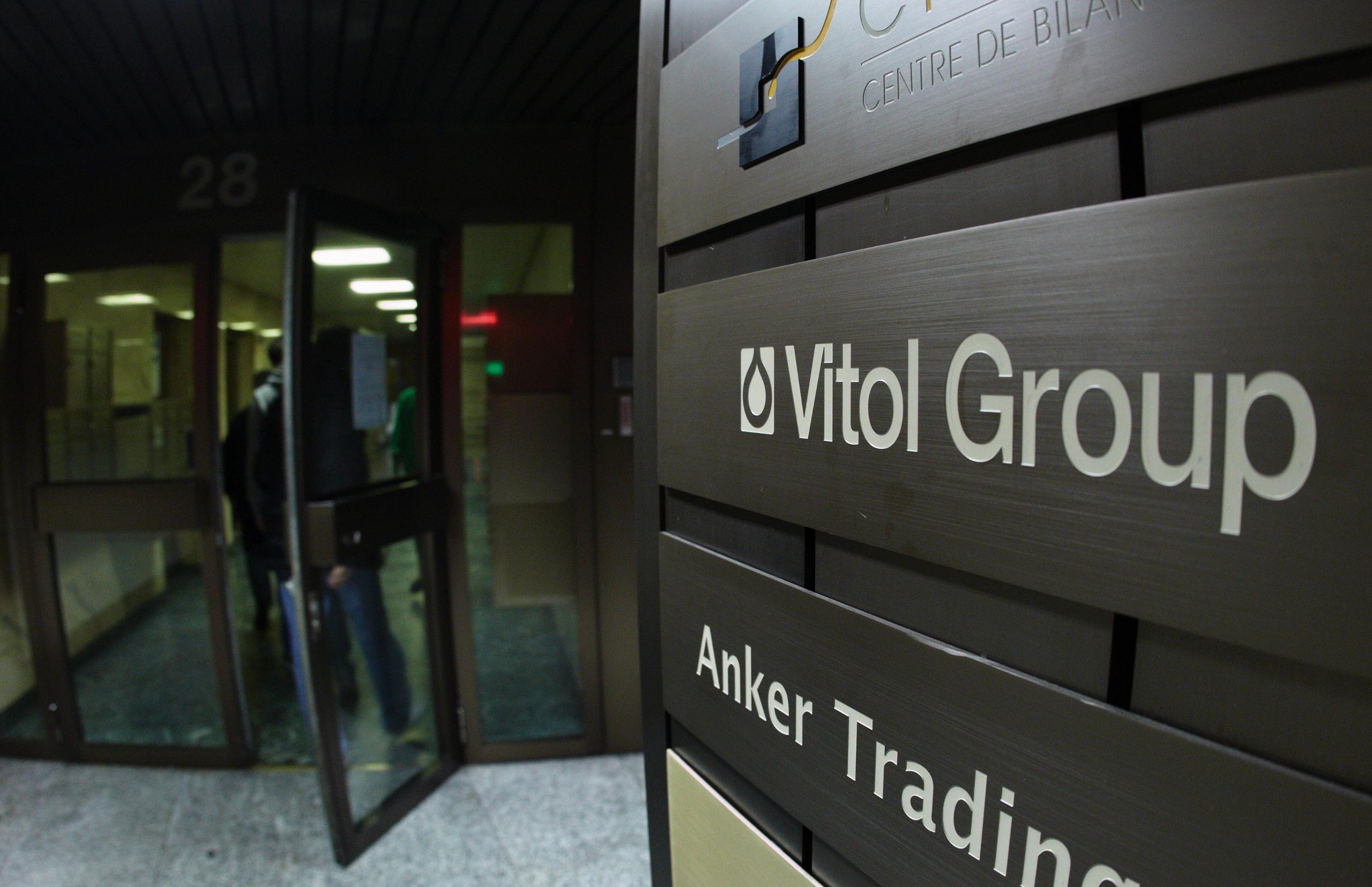
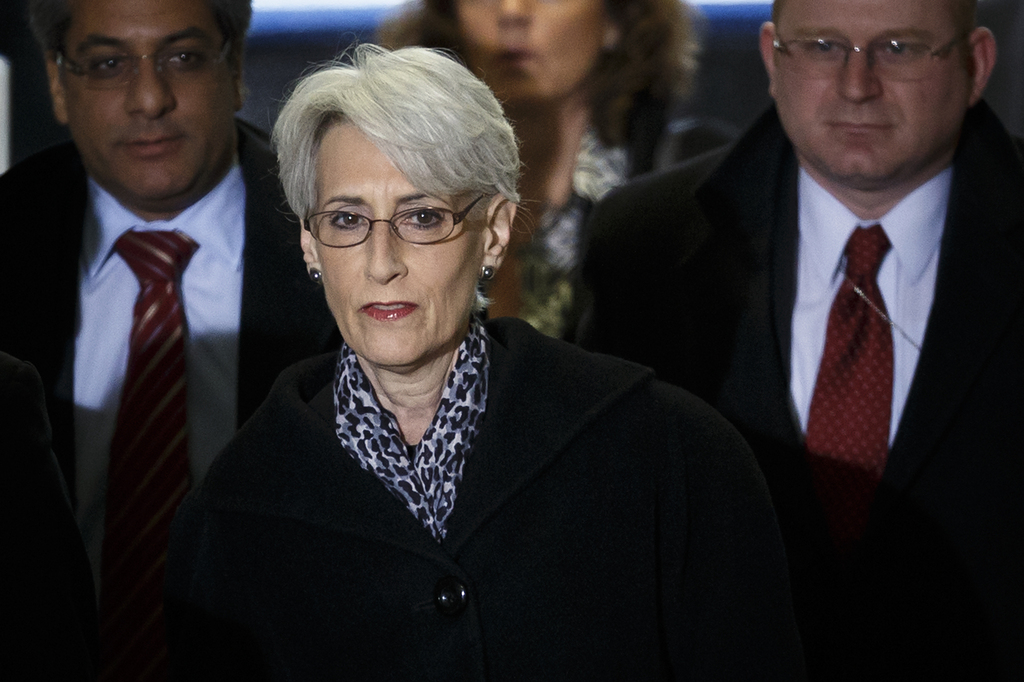
You can find an overview of ongoing debates with our journalists here. Please join us!
If you want to start a conversation about a topic raised in this article or want to report factual errors, email us at english@swissinfo.ch.